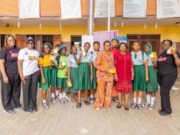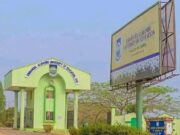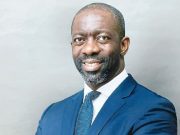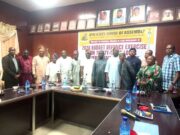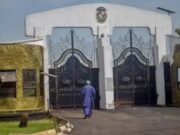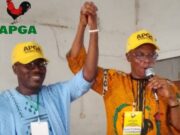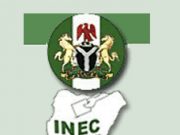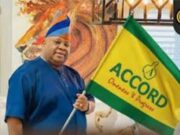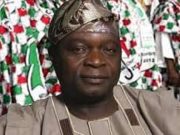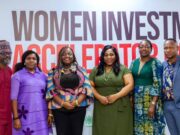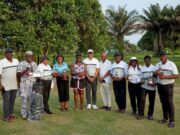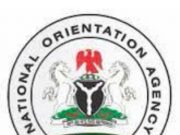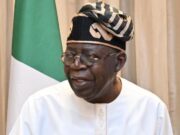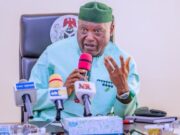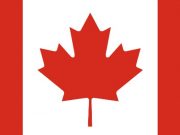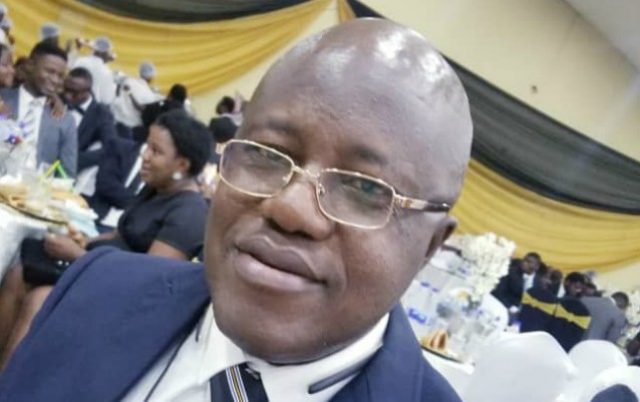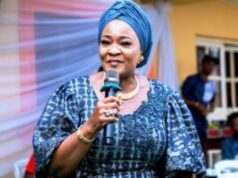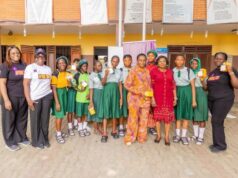Engineer Seyi Makinde’s government in Oyo State has on Thursday commenced the implementation of Better Education Service Delivery for All (BESDA) in the State, to eradicate illiteracy and enhance access to quality education.
The State governor, Engr. Seyi Makinde stated this, during a policy dialogue workshop on implementation of BESDA held at Emeritus Professor Theophilus Ogunlesi Hall in Ibadan.
Speaking on his behalf, the Commissioner Women Affairs and Social Inclusion, Alhaja Faosat Sanni disclosed that the initiative would increase access to better education in the State, adding that about Two hundred and seventy-two thousand, eight hundred and forty-seven out-of-school children would be beneficiaries.
While calling on an all-inclusive participatory implementation of the programme, he added that the objective of the programme was to increase access to education for the out-of-school children, improve literacy rate and retain them in schools at the basic education level.
Sanni revealed that the initiative intended to include every child in the free education policy of the State, “leaving no child behind and consequently making every child count”, she said.
She commended the free education policy of the Seyi Makinde led administration, which according to her, has yielded an increase in the return of children to public schools across the State.
“Recently, the State Government has announced free and compulsory qualitative education at Basic and Secondary Education levels in the State. The resultant effects of which is an increase in enrollment in our public schools throughout the State,” she buttressed.
The Commissioner ascertained that the State government had adopted proactive measures to enhance collaboration with relevant stakeholders in the education sector, to address the effects of out-of-school-children in the State.
While appreciating World Bank and Universal Basic Education Commission for their financial and technical supports, Alhaja Sanni added that “Oyo State, as one of the beneficiaries would ensure judicial use of funds to improve literacy and strengthen accountability for result.”
In his speech, the Executive Chairman, Oyo State Universal Basic Education Board, Dr. Nureni Adeniran affirmed that the main objective of the programme was to eradicate child abuse and other vices in the society.
“BESDA programme will help in eliminating child abuse and child labour, improve health and hygiene, promote self reliance, increase economic growth and enhance social strength of the nation while eliminating the incidence of out-of-school-children”, he opined.
He urged parents and guardians to ensure the literacy of their wards and tasked teachers to be dedicated to their duties to revive the education sector.
Facilitators at the Workshop, Professor Rashid Adewumi Aderinoye and a former Chairman of the Board, Dr. Suleiman Adediran called on all stakeholders, including Government and its various agencies, School Based Management Committees, School Governing Boards to monitor and evaluate Basic education system for better students’ performance in the State.
Other Speakers at the event which heralded the commencement of BESDA activities in the State included, the Zonal Director, Universal Basic Education Commission, Mrs. Roseline Medubi, who called on all stakeholders, particularly parents to join hands with Government in the elimination of Out-of-School children in the State.
Representative of Traditional rulers in the State, the Eleruwa of Eruwa, H.R.M, Oba Samuel Adegboola, called for strict implementation of the law which prohibits child labour for effective implementation of the programme.
World Bank had granted a 611-million-dollar facility for the BESDA programme, designed to support Federal Government’s Universal Basic Education (UBE) and to facilitate the implementation of the 2016/2019 Ministerial Strategic Plan (MSP) on Out-of-School Children (OOSC).
The programme was being implemented in 17 States, including 13 selected states of the northwest and northeast, as well as Niger, Ebonyi and Rivers states, while Oyo was the only beneficiary in the South West region.
The selection of the participating states was based on the prevalence of the number of out-of-school children, estimated at about 13.2 million in the country.
Packaged by Ojo Peter









